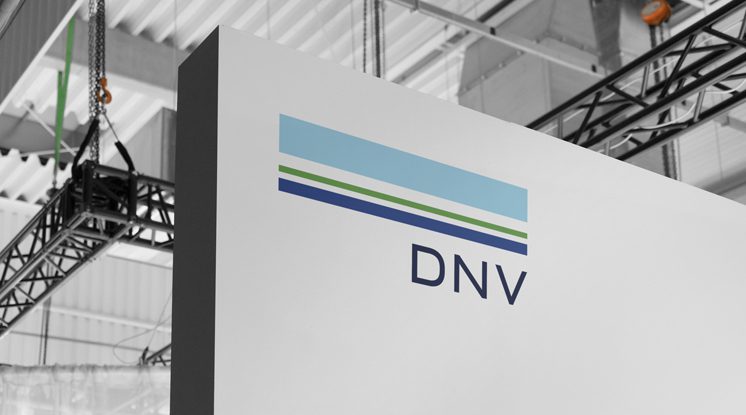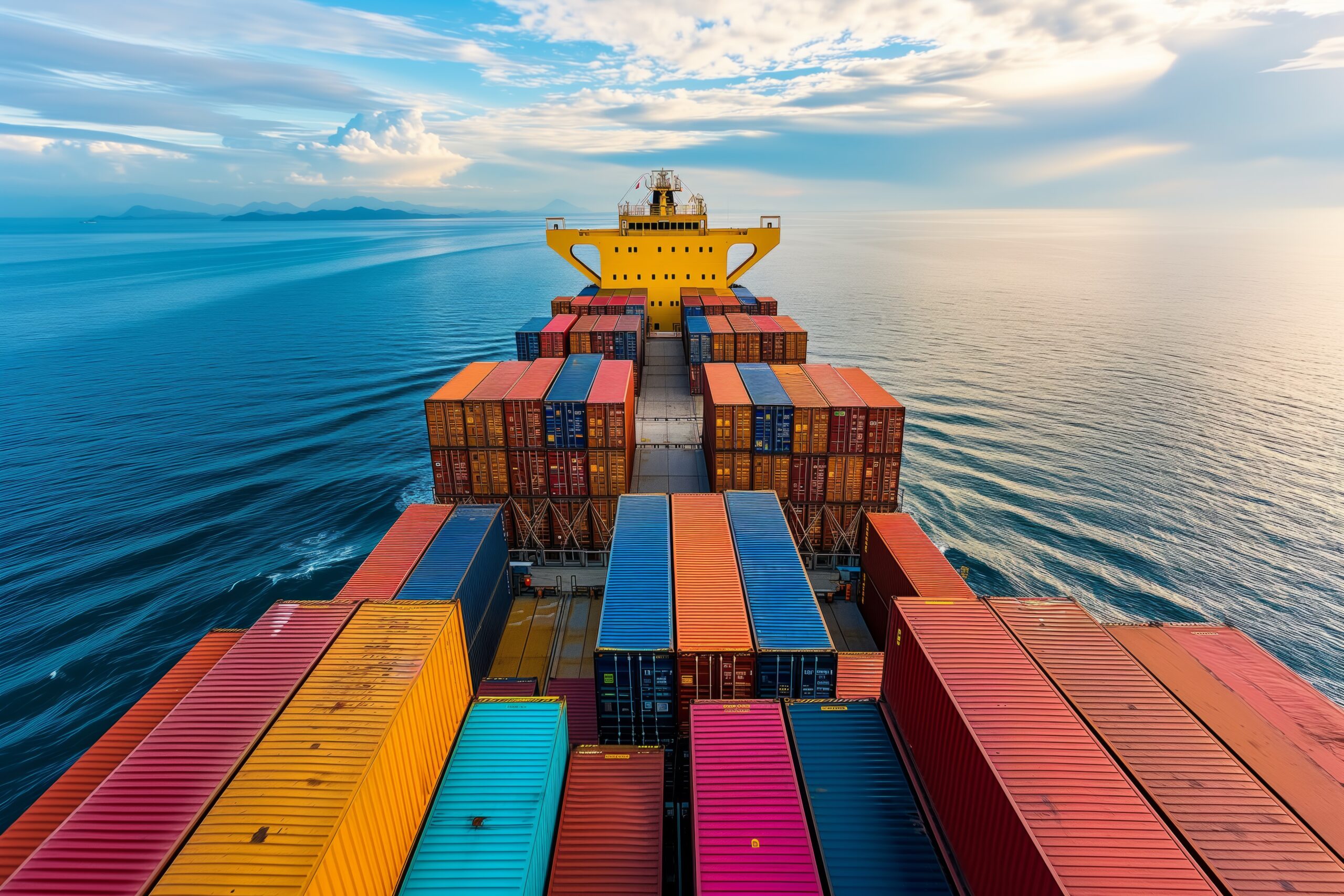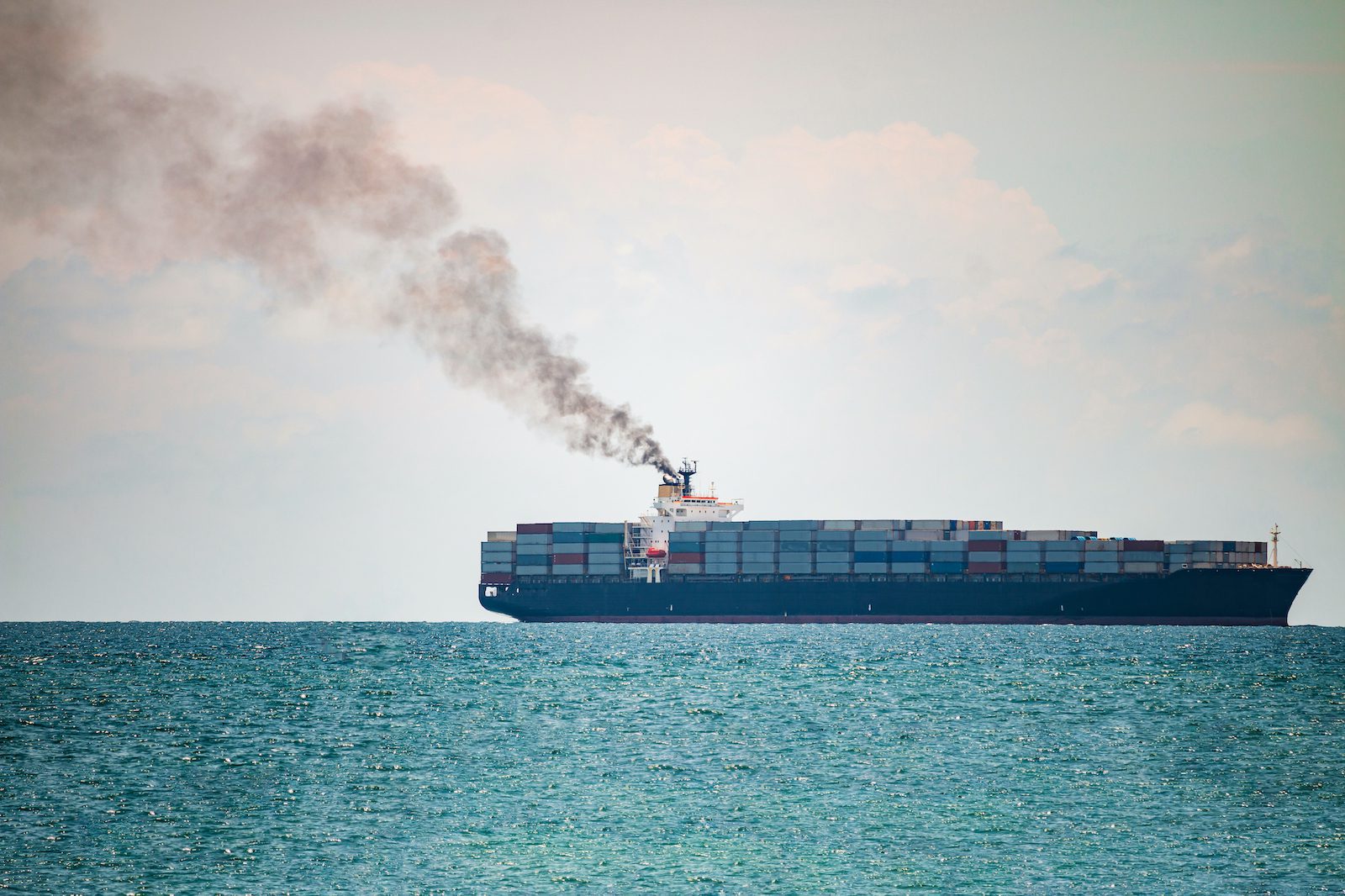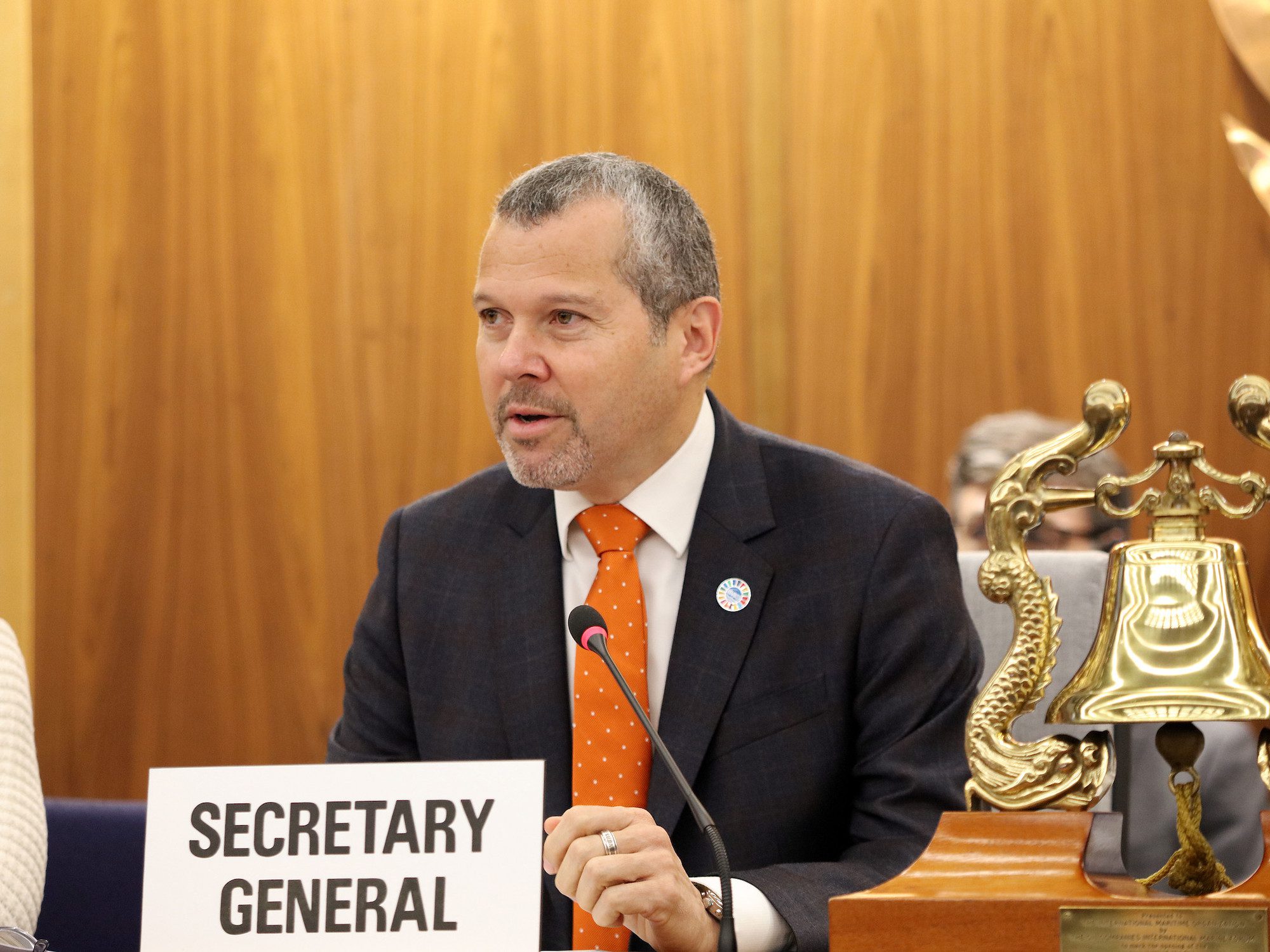DNV has awarded a General Approval for Ship Application (GASA) certificate to a consortium comprising Mitsui O.S.K. Lines, MISC Berhad, PETRONAS CCS Ventures, and Shanghai Merchant Ship Design and Research Institute for their jointly-developed 62,000 cubic meter liquid carbon dioxide carrier design.
The certification builds upon an Approval in Principle (AiP) previously awarded by DNV in 2023 and underscores the growing importance of Carbon Capture and Storage (CCS) in Asia’s decarbonization strategy.
The LCO? carrier features several technological innovations designed for long-haul carbon transport, including an advanced cargo containment system with specialized materials for enhanced safety and efficiency, along with a reliquefaction system for pressure and temperature regulation. The vessel also incorporates an energy-saving propulsion system, optimized hull design, and utilizes LNG as fuel to improve environmental performance.
Carbon Capture and Storage technology continues gaining traction across the Asia-Pacific region, with Malaysia, Australia, Japan, and Singapore actively investing in infrastructure development and forming cross-border partnerships to accelerate deployment.
“The LCO? carrier is an indispensable component in building a cross-border CCS value chain across the Asia-Pacific region,” said Daisuke Fujihashi, General Manager of Carbon Solutions Business Development Unit at Mitsui O.S.K. Lines. “This GASA certification awarded by DNV not only demonstrates the feasibility of safe and efficient CO? transport but also marks a significant step forward in the transition toward a decarbonized society.”
Zahid Osman, President and Group CEO of MISC, emphasized the critical role these vessels play in addressing gaps in the CCS value chain: “LCO? carriers help address one of the biggest gaps in the CCS value chain, particularly when emitters lack access to nearby sequestration sites.”
According to Antony M Dsouza, Senior Vice President & Regional Manager at DNV, carbon storage and capture capacity is expected to quadruple by 2030, making scalable and reliable ship designs essential for supporting this growth.
“Through this collaboration, we are proud to bring together DNV’s technical expertise and our partners’ innovative drive to support the development of a robust carbon transport infrastructure for the region,” Dsouza added.

 Join The Club
Join The Club











